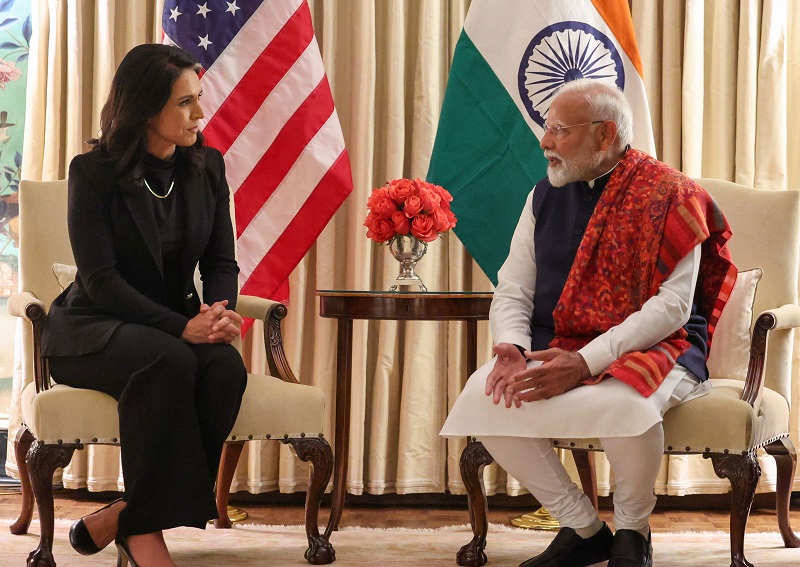
Director of National Intelligence Tulsi Gabbard has voiced strong opposition to the British government’s reported request for Apple to grant access to encrypted cloud data. She expressed concerns that such a move would infringe on Americans’ rights and questioned the pressure being placed on a U.S.-based tech company by a foreign government.
In a formal response to Congress, Gabbard emphasized that the demand poses a direct threat to civil liberties. Addressing Sen. Ron Wyden and Rep. Andy Biggs, she labeled the request a serious breach of privacy protections.
Apple recently disclosed that it would discontinue its advanced data security option for users in the UK. According to The Washington Post, British security agencies issued a confidential order requiring Apple to introduce a backdoor, allowing access to fully encrypted data. This feature, known as Advanced Data Protection, was first introduced in late 2022, providing an opt-in option for iCloud encryption across files, photos, and notes.
Gabbard has urged U.S. intelligence agencies, including the CIA, to evaluate the implications of this demand. She also plans to raise the issue with British officials, highlighting that existing agreements between the two nations prohibit either government from compelling cloud data access for the other’s citizens.
The controversy surrounding Britain’s request comes at a time when concerns are growing over intelligence-sharing agreements, especially as former President Donald Trump’s policies continue to influence U.S. alliances. British authorities have remained silent on the reported directive.
Gabbard, a military veteran and former congresswoman from Hawaii, has drawn scrutiny since her appointment as head of U.S. intelligence. Her past criticisms of government surveillance programs and her statements regarding figures like Edward Snowden and geopolitical conflicts have sparked debate. In her letter to lawmakers, she stressed the need for the U.S. and UK to find a balanced approach that safeguards both security and civil liberties.









